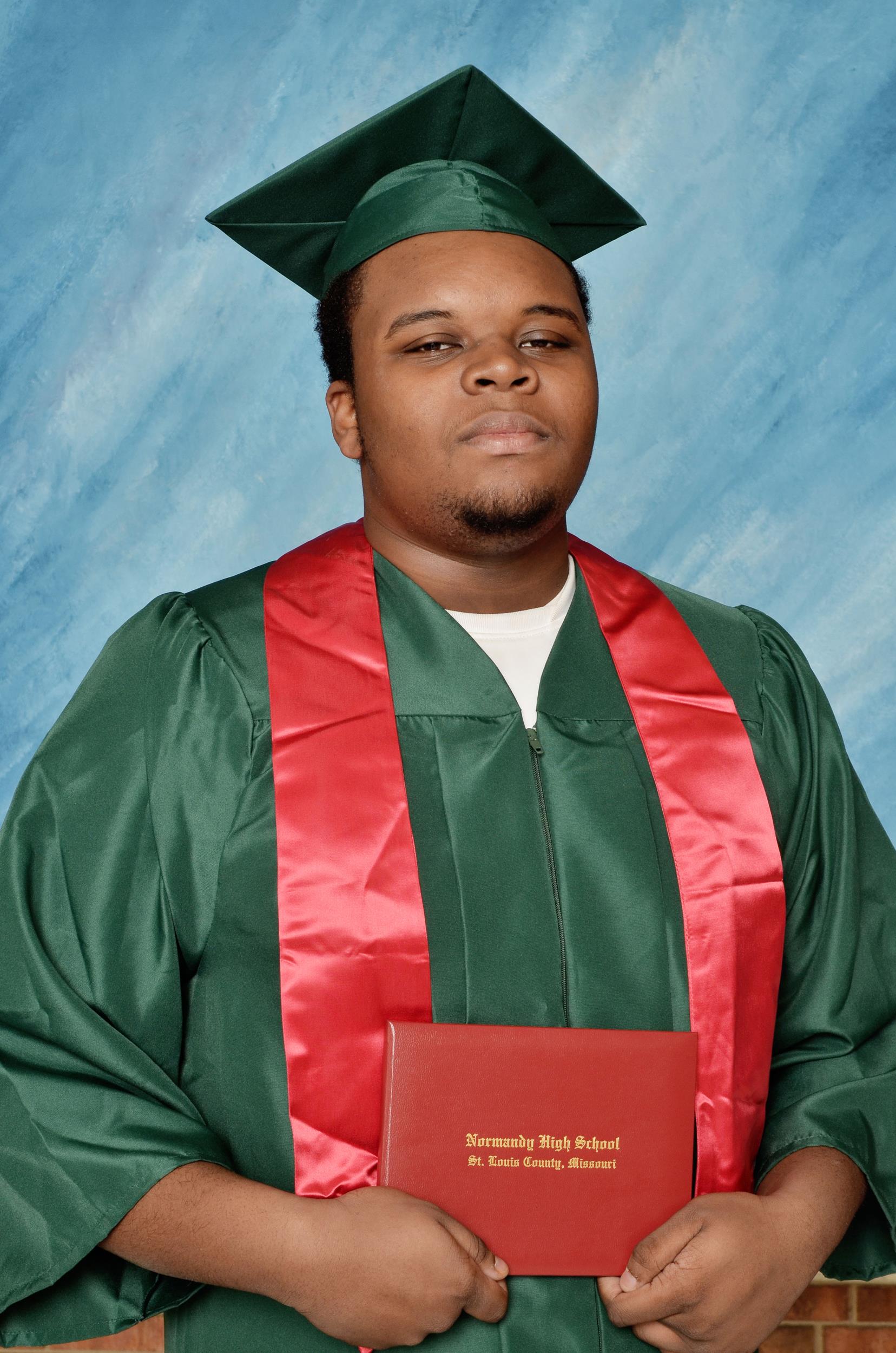 Lesley McSpadden, the mother of Michael Brown, emphatically questioned if we understand the amount of effort required just to see Michael graduate. Unfortunately, the answer to her question would become buried underneath a wealth of information that followed her son’s death and a charged debated about Michael’s character.
Lesley McSpadden, the mother of Michael Brown, emphatically questioned if we understand the amount of effort required just to see Michael graduate. Unfortunately, the answer to her question would become buried underneath a wealth of information that followed her son’s death and a charged debated about Michael’s character.
At the center of this discussion is whether Michael contributed to his death. The conversation is hard to comprehend because it not only questions if Michael Brown could have prevented the manner in which he was gunned down, but it primes another misguided question: Can behavior modifications in general stop oppressive practices? This line of thinking is problematic because the agents of change are those who experience discrimination, not powerful systems and key players that have a genuine ability to decrease and even stop discrimination.
Since Michael’s death, I’ve heard consistently how the black community can and should police their behaviors to appear more worthy of equity. Increase civic engagement. Rid your communities of anti-social behaviors. Don’t sag. Use proper English. Stop killing each other. All of these directions are constructive but limited in scope. Sagging was not a trend during the Civil Rights movement. Blacks did not ride around with blaring music in the 1800s. Rap was not around to degrade black women and men during reconstruction. Yet, blacks during each of these eras experienced some of the same inequities and various forms of covert, overt, unintentional, and institutional racism that exist today. Securing long-lasting equity requires more than a few adjustments from those who experience oppression. This goal requires a seismic shifts so systems don’t privilege some and discount others.
Huffington Post peered into Lesley’s question. Findings show Normandy High School, the school that Michael attended, is wrought with problems commonly found in high-poverty schools. While Michael attended his graduation, many of his peers won’t experience this milestone because the graduation rate for Normandy is 53 percent. Discipline is concerning as well. At least 60 percent of students received 1 in school or out of school suspension–meaning they were out of class and not learning. The zero-tolerance policy implemented in 2012 skyrocketed violence reports and deceptively credited Normandy High School as the most dangerous school in the area. Missouri labeled Normandy School District as failing, yet the state historically appropriates fewest dollars to poor schools.
Student morale can make finishing high school a downright challenge. On the other hand, parents similar to Lesley experience even more difficulty because too many uncontrollable forces exist. This means those who experience persistent inequities can become model citizens or perform with the best of intentions. But discriminatory practices can limit abilities, hope, and the willingness to move forward despite circumstances. A serious look at this issue requires a hard look at systemic practices and ACTION. More—not less—investments into equity are necessary to truly include those who resemble Michael Brown, Eric Garner, Trayvon Martin, Sean Bell, Ranisha McBride, and many others who have and will pay too high of a price for this fixable problem.
